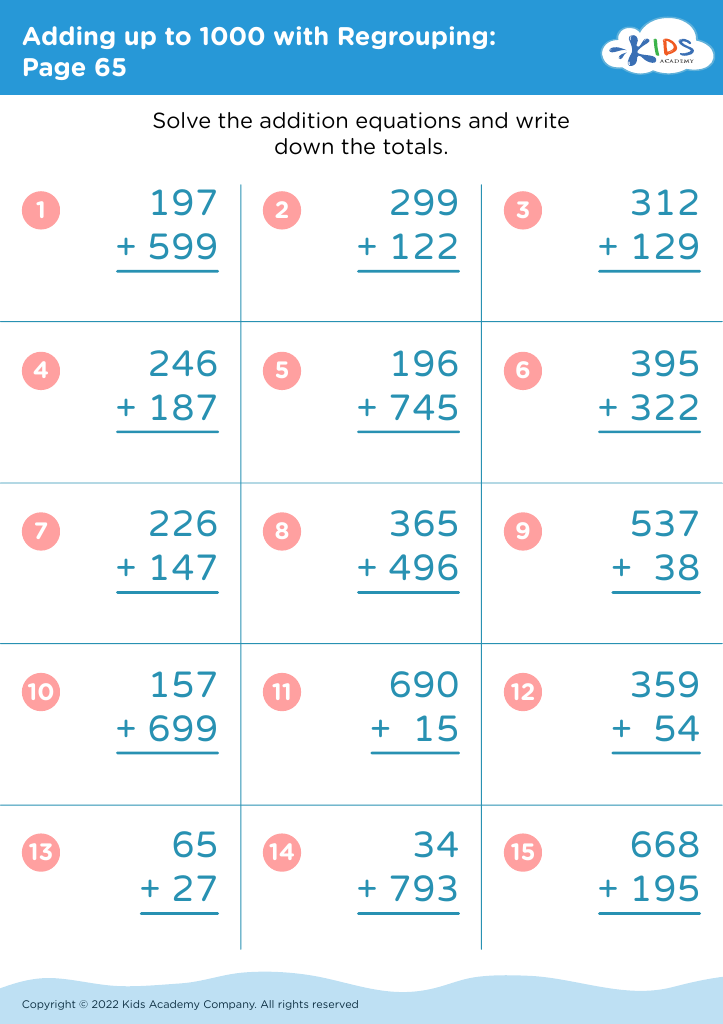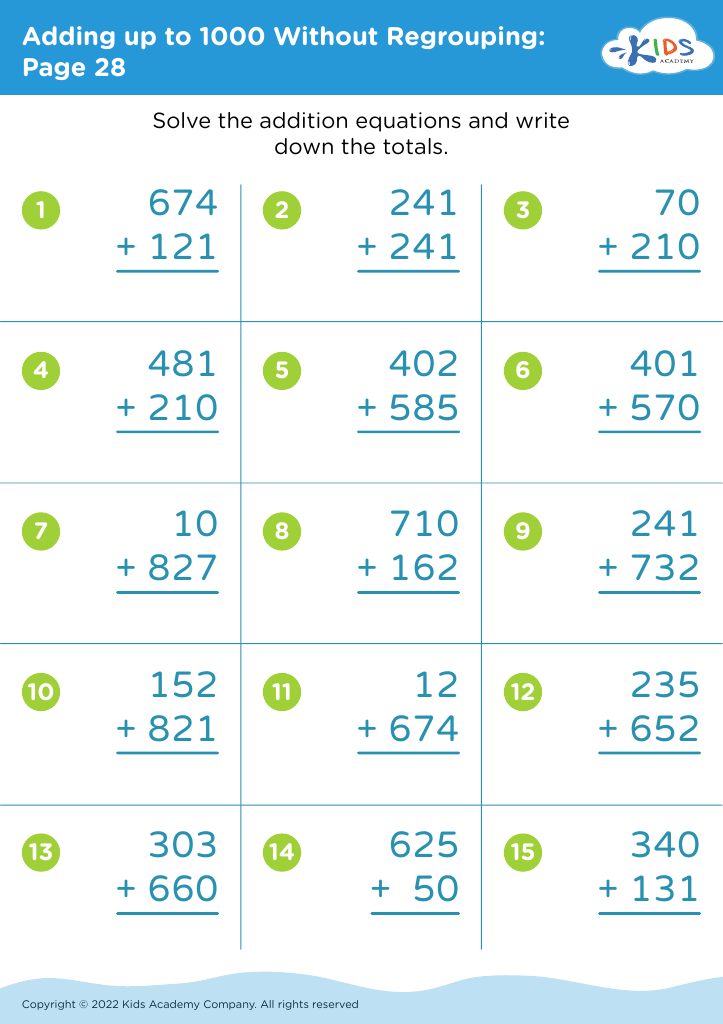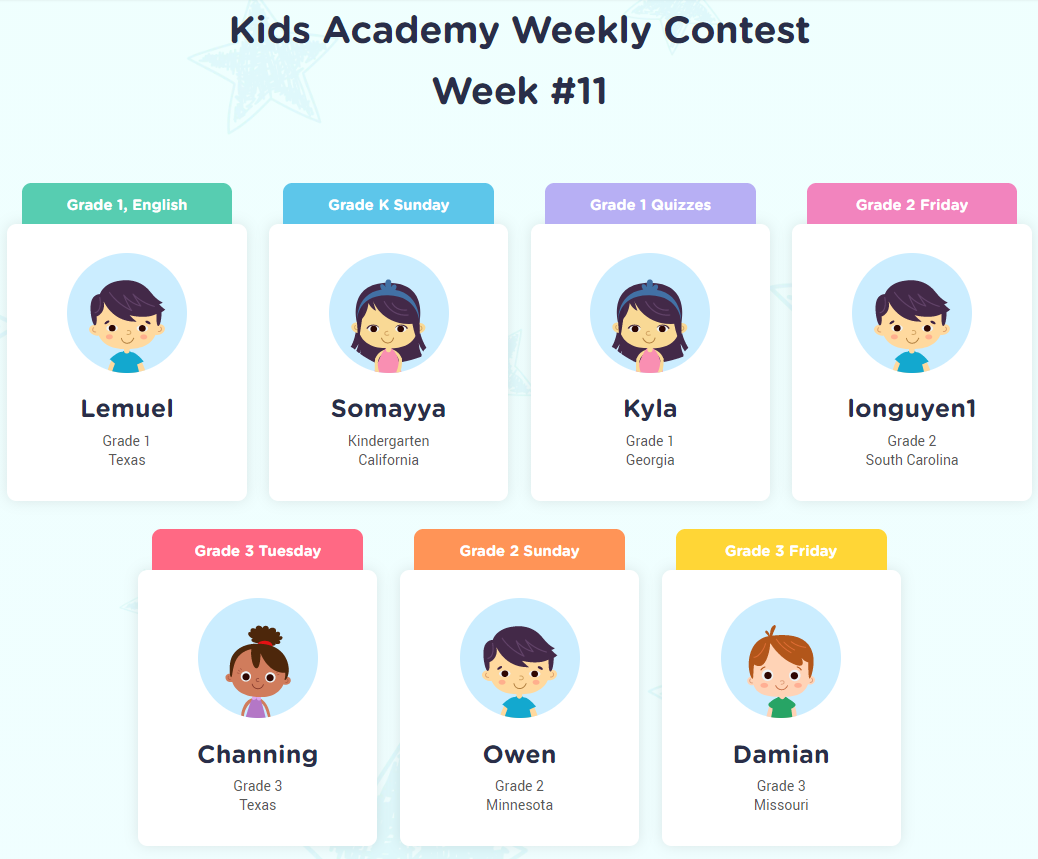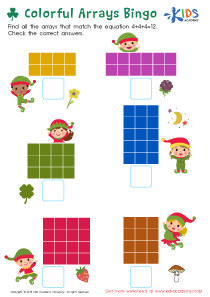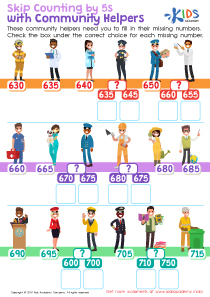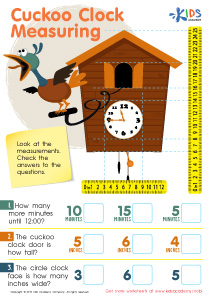Addition of fractions Grade 2 Math Worksheets
3 filtered results
-
From - To
Enhance your second graders' math skills with our engaging Addition of Fractions worksheets! Designed specifically for young learners, these worksheets introduce the concepts of adding fractions with like denominators through fun, interactive exercises. Students will gain confidence as they practice combining fractions in a variety of colorful and captivating formats. Our materials align with grade-level standards, ensuring a comprehensive understanding of fraction addition. Perfect for classroom or at-home learning, these worksheets are a valuable resource for reinforcing math concepts and building a solid foundation in fractions. Download and watch your child master the addition of fractions with ease!
Understanding addition of fractions is crucial for second-graders as it lays the foundation for their mathematical development. First, mastering fractions enhances their number sense, aiding in comprehending parts of a whole—a concept that appears in everyday life, such as slicing a pizza or sharing a cake. Familiarity with fractions fosters critical thinking and problem-solving skills, as students learn to normalize, compare, and combine parts.
For teachers and parents, engaging students in fraction addition not only boosts their confidence in math but also supports a broad range of later concepts, from more advanced fraction operations in higher grades to real-life applications such as cooking and budgeting. Additionally, this foundational knowledge promotes collaboration and communication skills—students learn to explain their reasoning and understand their peers’ thought processes.
Ultimately, an early grasp of adding fractions equips children with essential life skills and encourages a positive attitude towards math. With early intervention and support in this area, students can cultivate a powerful, flexible understanding of numbers that will serve them well throughout their educational journey and beyond.

